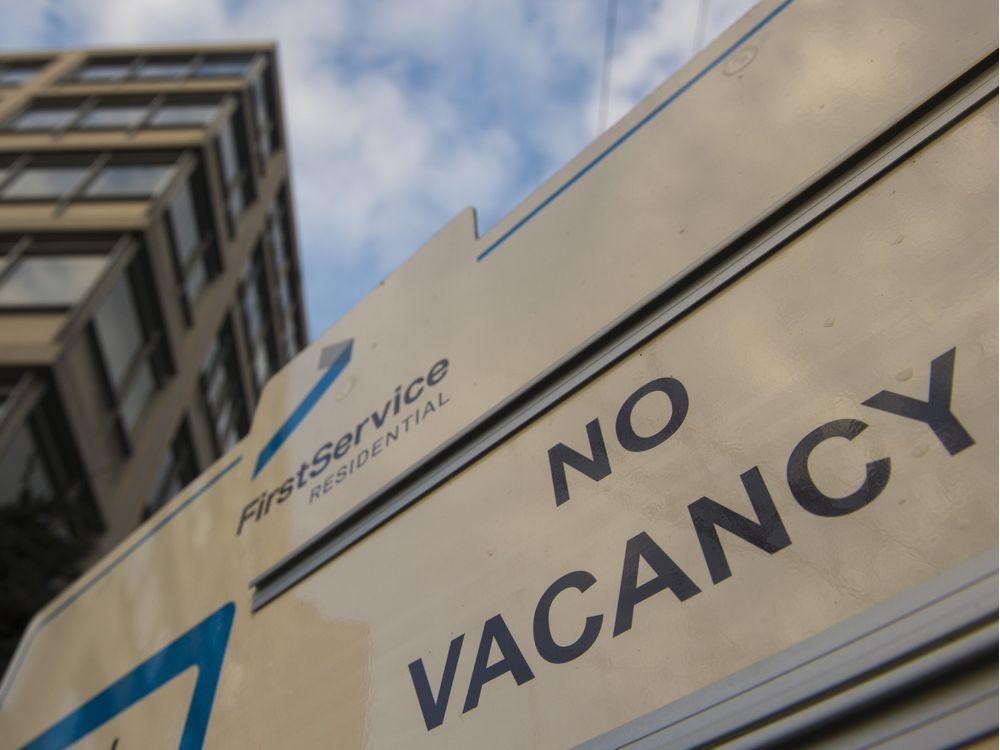Vancouver collects $40 million in empty homes tax revenue

Credit to Author: Glenda Luymes| Date: Thu, 21 Nov 2019 23:54:42 +0000
The City of Vancouver has collected almost $40 million in net revenue since 2016 from property owners who have chosen not to rent out their empty homes.
The money, collected through the empty homes tax, has been used to fund several affordable housing initiatives, Vancouver Mayor Kennedy Stewart said Wednesday as the city released its 2018 empty homes tax annual report. It has also led to a decrease in vacant properties.
“The main objective of Vancouver’s empty homes tax is to influence property owners to put their empty properties on the rental market, and the data shows that is happening,” said Stewart.
“For those who choose to keep their properties unoccupied, we appreciate their contributions to the funds that are supporting various, much-needed affordable housing initiatives across the city.”
The report shows 22-per-cent fewer vacant properties in Vancouver in 2018 compared to 2017 (1,989 compared to 2,538), while the number of properties declared “tenanted” rose by seven per cent.
The majority of the vacant properties for both years were condos. The largest number of vacant properties was recorded in downtown Vancouver, while the West End recorded the highest percentage of unoccupied homes relative to the number of residential properties in the neighbourhood.
The report listed several affordable housing initiatives funded by the empty homes tax revenue, including $17 million for the recently approved Community Housing Incentive Program, which will provide grants to housing providers to make social and co-op housing more affordable.
The tax also funded the $3.8-million purchase of Ross House, a SRO on the Downtown Eastside. The city is in the process of securing a non-profit operator to create more housing options for LGBTQ people at the site.
Another $5.83 million was used to increase advocacy and support for renters, including funding for the Rent Bank, the creation of a renters’ inquiry line, grants to non-profits that advocate for renters, and the development of a Renter Centre that will centralize support resources.
“From securing safe, warm homes in the Downtown Eastside, to increasing support for renters and providing grants to non-profit housing providers, lives are being changed by the revenue,” said Sandra Singh, general manager of arts, culture and community services. “We’re looking forward to reaching more residents across Vancouver as the projects and programs continue to grow.”
In a report headed to council next Tuesday, staff are proposing to extend the timeframe to 90 days for property owners to submit a complaint if they want to challenge the levy on their property.
Staff are also recommending a new policy where development and tenancy exemptions can be combined to meet the six-month threshold.